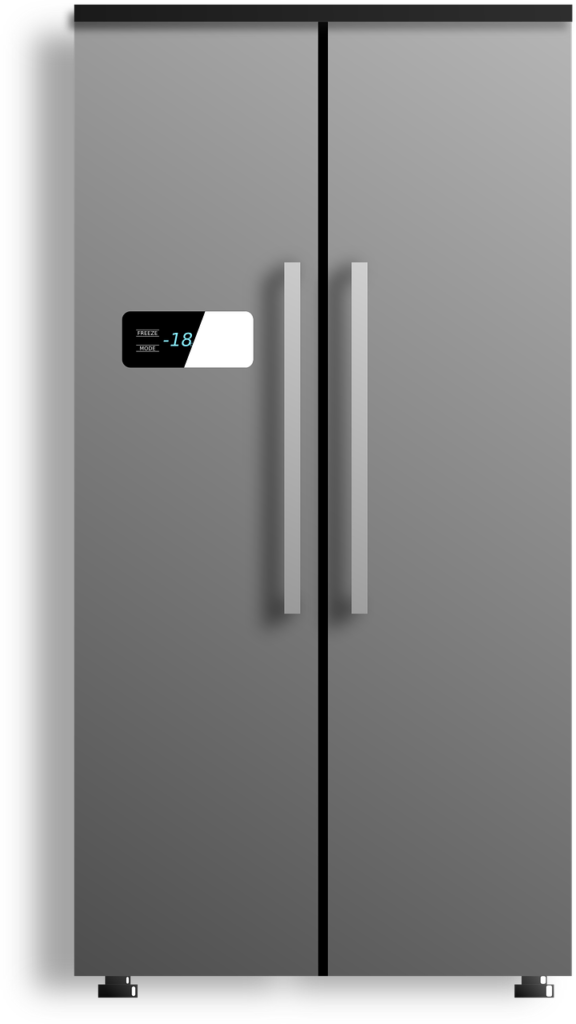Your fridge is one of those appliances that quietly does its job—until it doesn’t. If you’ve recently noticed a humming sound coming from it, you’re not alone. Most refrigerators make some noise during normal operation, but when that hum becomes louder, irregular, or starts to change over time, it may be a sign that something’s off.
Let’s break down what that humming sound could mean—whether it’s steady, coming and going, or getting worse—and how to tell whether it’s a fixable issue or a sign your fridge might be nearing the end of its life.
What a Humming Fridge Might Be Telling You
- A Steady, Low Hum
What it might mean:
This is usually nothing to worry about. A low, consistent hum typically comes from the compressor or condenser fan motor doing its job—circulating coolant and maintaining internal temperature.
Fix or replace?
No action needed unless the hum becomes noticeably louder over time or is accompanied by cooling issues.
- Humming That Turns On and Off
What it might mean:
This could simply be the compressor cycling on and off, which is normal. However, if the hum starts and stops in rapid succession or seems to change in tone, it might indicate a problem with the compressor or temperature control system.
Fix or replace?
Check your thermostat settings first. If the issue persists, a technician can test the compressor and control board. These parts are repairable, especially in newer models.
- Humming That’s Getting Louder Over Time
What it might mean:
This could be a warning sign. A growing hum might indicate the compressor is working harder than it should—possibly due to blocked airflow, dirty coils, a failing fan, or even refrigerant issues.
Fix or replace?
Start with a cleaning: vacuum the coils and check for anything blocking airflow. If the noise continues or worsens, a technician should inspect the compressor and fan motors. If the compressor is failing and your fridge is older than 10 years, replacement may be more cost-effective than repair.
- A Humming Noise Followed by Clicking or Shutting Off
What it might mean:
This often signals a compressor trying to start but failing. The clicking could be the start relay shutting things down to protect the compressor from overheating.
Fix or replace?
Sometimes, replacing the start relay solves the problem—an inexpensive and straightforward repair. But if the compressor itself is failing, that’s a more serious and costly fix. Consider the age and energy efficiency of your fridge before investing in major repairs.
- Humming Paired with Performance Problems
If your fridge is humming and not cooling properly, you could be dealing with a major issue. It might be a failing compressor, low refrigerant levels, or airflow obstructions—all of which can affect your appliance’s lifespan.
Fix or replace?
Have it inspected right away. If the compressor is the culprit and the fridge is over a decade old, replacing the unit might be the better long-term solution.
When to Call a Professional
Here are signs it’s time to bring in an appliance technician:
The hum becomes loud, grinding, or high-pitched
There are temperature fluctuations or food spoiling
You hear a hum followed by a “click” and the fridge stops running
The noise is constant and didn’t exist before
Final Thoughts
A humming fridge doesn’t always spell trouble—but it’s your fridge’s way of talking to you. Paying attention to the pattern, volume, and accompanying signs can help you spot problems early. In many cases, a quick fix like cleaning the coils or replacing a fan motor can restore peace and quiet. But if the compressor is on its last legs, it might be time to consider a replacement.
When in doubt, call in a pro for a diagnosis. It could save your groceries—and your budget.

